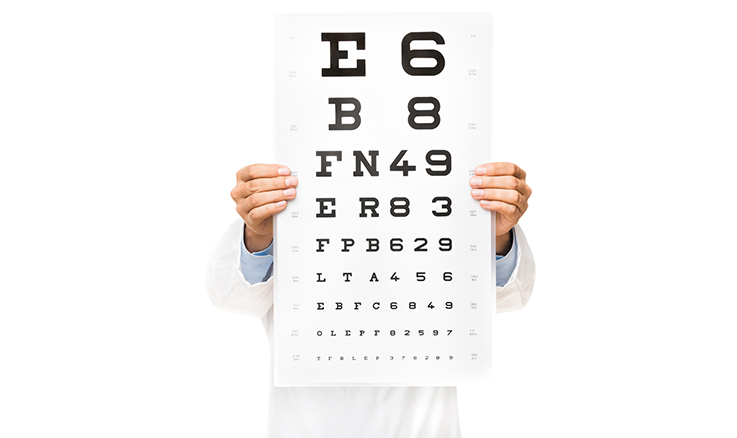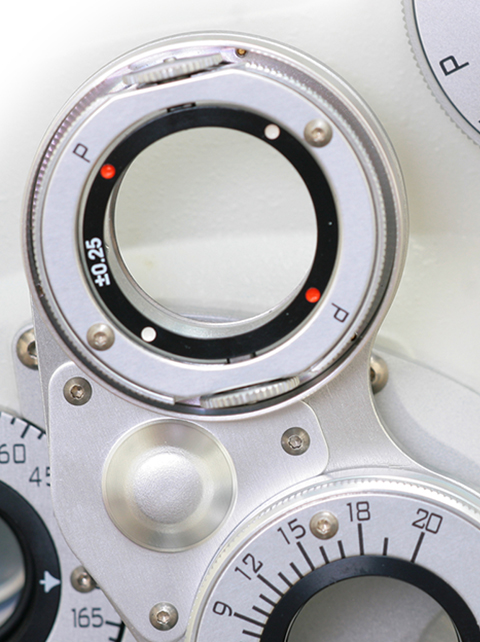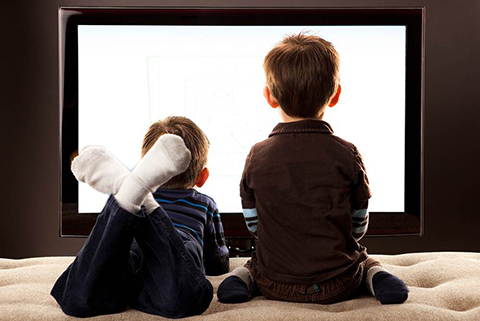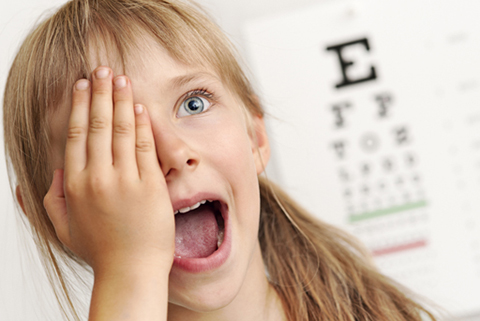Frequently Asked Questions
FAQ Page
Frequently Asked Questions
- How can I prepare for my eye examination?
- What can I expect during my eye examination?
- Do I have to do the "air-puff" test?
- When should I arrive for my services?
- Should I let someone know about any allergies or medications?
- Do you offer direct billing from our insurance?
If you are new to our office you can fill out our New Patient Registration form before you arrive.
We recommend that all patients bring along with them their current glasses, contact lenses, and their list of medications and allergies.
An eye exam includes taking an accurate ocular and medical history, binocular vision testing, testing of visual status to see if glasses are required, and a thorough evaluation in and around the eyes.
The “air-puff” test is an important test called non-contact tonometry (NCT). It provides a measurement of the internal pressure of the eye. Determining the intraocular pressure in the eye is helpful in diagnosing various eye conditions including glaucoma, iritis, and a ruptured eye.
If you choose to not have the "air-puff" test, there is another test where a yellow eye drop is instilled in the eye and the doctor can determine your eye pressures with a small probe, called applanation tonometry.
For eye examinations we ask that you arrive 10 minutes prior to your reserved time. For choosing glasses you can arrive at any time that is convnenient for you.
It is important to remember that when you see your Optometrist to note that systemic medications can affect the eye and cause visual disturbance. In some cases if theses are not treated they can lead to long term effects. Your medications can also inform the doctor of any systemic health conditions that can also affect your eye health or vision.
Yes! We offer direct billing for most insurance companies including GreenShield, BlueCross, ManuLife, Great West Life, Desjardins, Industrial Alliance, Standard Life, SunLife Financial, and more. Be sure to check with your insurance provider to know your coverage amounts and to authroize assignment of benefits before your visit.






Common Facts & Myths
- Will wearing glasses cause you to become dependent on them?
- Will wearing the wrong kind of glasses damage your eyes?
- Is reading in dim light harmful to your eyes?
- Will prolonged computer use damage your eyes?
- Are children that sit too close to the TV damaging their eyes?
- Can children outgrow crossed or misaligned eyes?
- Should people with weak eyes avoid reading fine print?
- Is it true that older people can gain 'second sight' later in life?
- Will wearing glasses cause you to become dependent on them?
- Eyeglasses are used to correct blurry vision. Since clear vision with eyeglasses is preferable to uncorrected vision, you may find that you want to wear your eyeglasses more often. Although it may feel as if you are becoming dependent on your eyeglasses, you actually just prefer seeing clearly.
- Will wearing the wrong kind of glasses damage your eyes?
- No. Eyeglasses are devices used to sharpen your vision. Although correct eyeglasses or contacts help you to see clearly, wearing a pair with the wrong lenses, or not wearing glasses at all, will not physically damage your eyes. However, children younger than 8 years old who need eyeglasses should wear their own prescription to prevent the possibility of developing amblyopia or "lazy eye."
- Is reading in dim light is harmful to your eyes?
- Using your eyes in dim light does not damage them. For centuries, all night time reading and sewing was done by candlelight or with gas or kerosene lamps. However, good lighting does make reading easier and can prevent eye fatigue.
- Will prolonged computer use damage your eyes?
- Working on computers will not harm your eyes. Often, when using a computer for long periods of time, just as when reading or doing other close work, you blink less often than normal. This reduced rate of blinking makes your eyes dry, which may lead to the feeling of eyestrain or fatigue. Try to take regular breaks to look up or across the room. Looking at objects farther away often relieves the feeling of strain on your eyes. Keep the monitor between 18 to 24 inches from your face and at a slight downward angle. Also consider the use of artificial tears. If your vision blurs or your eyes tire easily, you should have your eyes examined by an ophthalmologist.
- Are children that sit too close to the TV damaging their eyes?
- Children can focus at close distance without eyestrain better than adults. They often develop the habit of holding reading materials close to their eyes or sitting right in front of the television. There is no evidence that this damages their eyes, and the habit usually diminishes as children grow older.
- Can children outgrow crossed or misaligned eyes?
- Children do not outgrow crossed eyes. A child whose eyes are misaligned may develop poor vision in one eye because the brain will "turn off" or ignore the image from the misaligned or lazy eye. The unused or misaligned eye will not develop good vision unless it is forced to work, usually by patching the stronger eye. Children who appear to have misaligned eyes should be examined by an eye doctor. In general, the earlier misaligned eyes are treated, the better. Treatment may include patching, eyeglasses, eyedrops, surgery or a combination of these methods.
- Should people with weak eyes avoid reading fine print?
- It is said that people with weak eyes or people who wear glasses will "wear out" their eyes sooner if they read fine print or do a lot of detail work. The concept of the eye as a muscle is incorrect. The eye more closely resembles a camera. A camera will not wear out sooner just because it is used to photograph intricate detail. You can use your eyes without fear of wearing them out.
- Is it true that older people can gain 'second sight' later in life?
- Older individuals who wear reading eyeglasses sometimes find themselves able to read without their eyeglasses and think their eyesight is improving. The truth is they are becoming more nearsighted, which can be a sign of early cataract development.